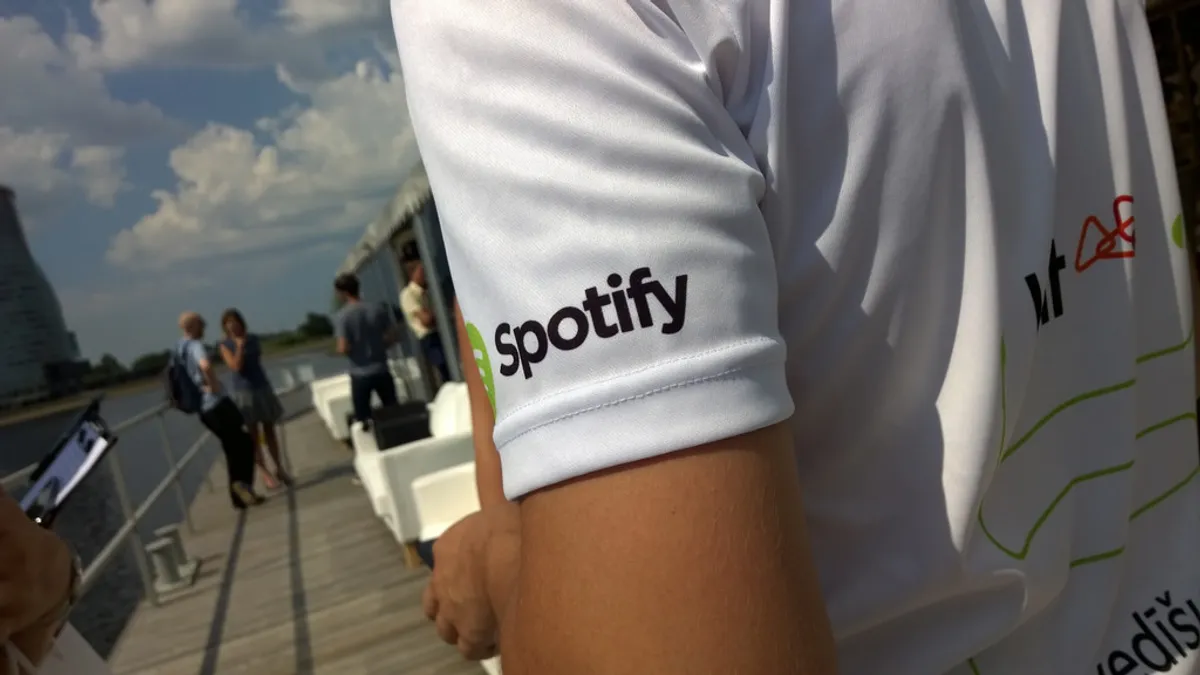Dive Brief:
- Spotify's diversity and inclusion metrics are up, but the streaming service plans to do more to push those numbers higher, according to a company blog. The company discussed findings from a recent employee survey in which about half of its global workforce participated, it says.
- The company uses an index to gauge employees "sense of inclusion"; currently, Spotify's inclusion index sits at 72%, an improvement of seven percentage points over 2017. Among Spotify's employees, 86% are satisfied with the company's inclusion plans and 91% say diversity and inclusion are important to them.
- Spotify says its plan to improve those numbers in 2018 includes offering seminars, training and resources to ensure the emotional well-being of the entire staff. That includes a plan to empower leadership, "inclusion ambassadors" and employee resource groups (ERGs) to organize around inclusivity goals.
Dive Insights:
Employers need support from managers and other leaders to help carry out their missions. Spotify went a step further by also getting ERGs and company "ambassadors" to promote its diversity and inclusion efforts among staff.
At the same time, such efforts need evidence of progress. Spotify surveyed its workers to find out how they identified themselves. But leading firms are also getting ahead of the problem by leveraging people analytics in new ways. Such methods provide C-suite leaders a digestible overview of HR's progress and strategy.
Recognizing the distinction between diversity and inclusion is equally critical. Diversity alone doesn't mean much if target employee groups don't feel welcomed, valued and respected after they're hired.
Both topics remain contentious subjects in the workplace. Inevitably, some workers feel diversity is about giving less qualified people hiring preferences. Employers must emphasize that all candidates must be qualified for job openings, while communicating to the entire staff that discrimination won't be tolerated and that anti-bias policies will be enforced.












